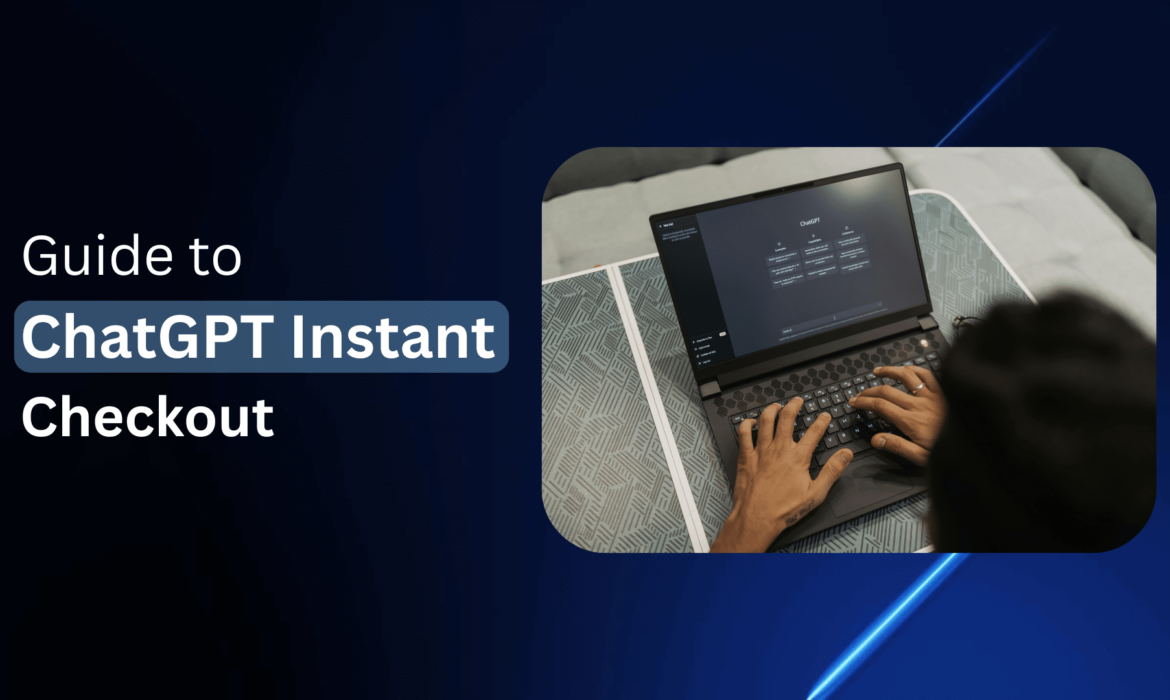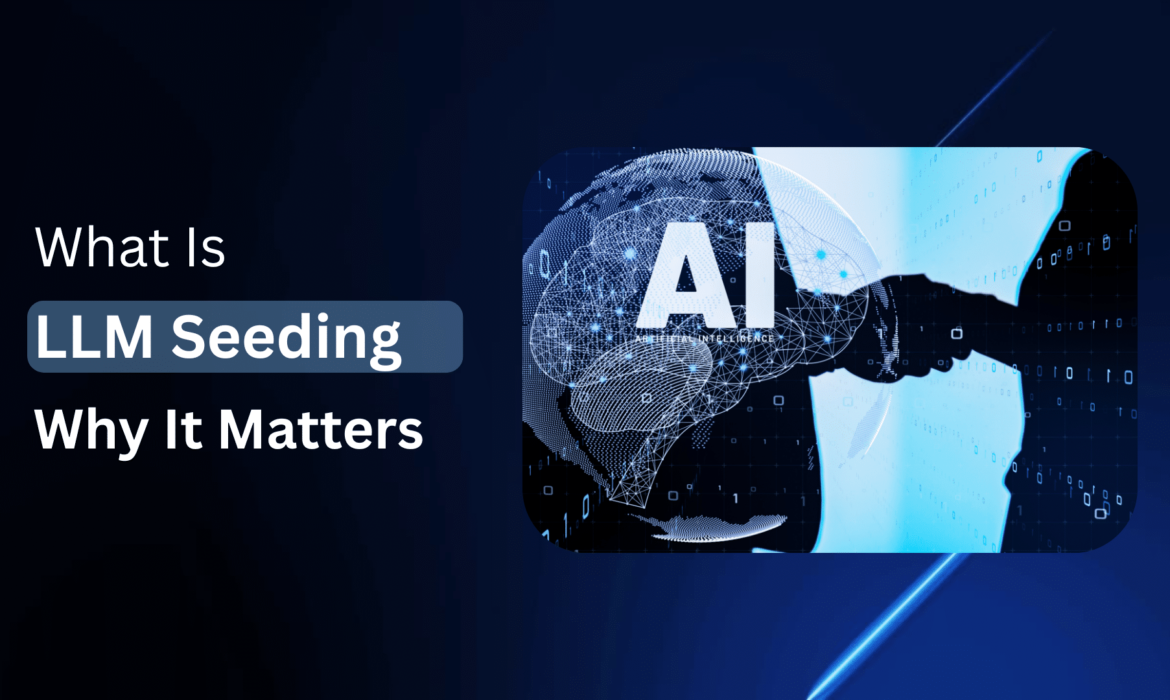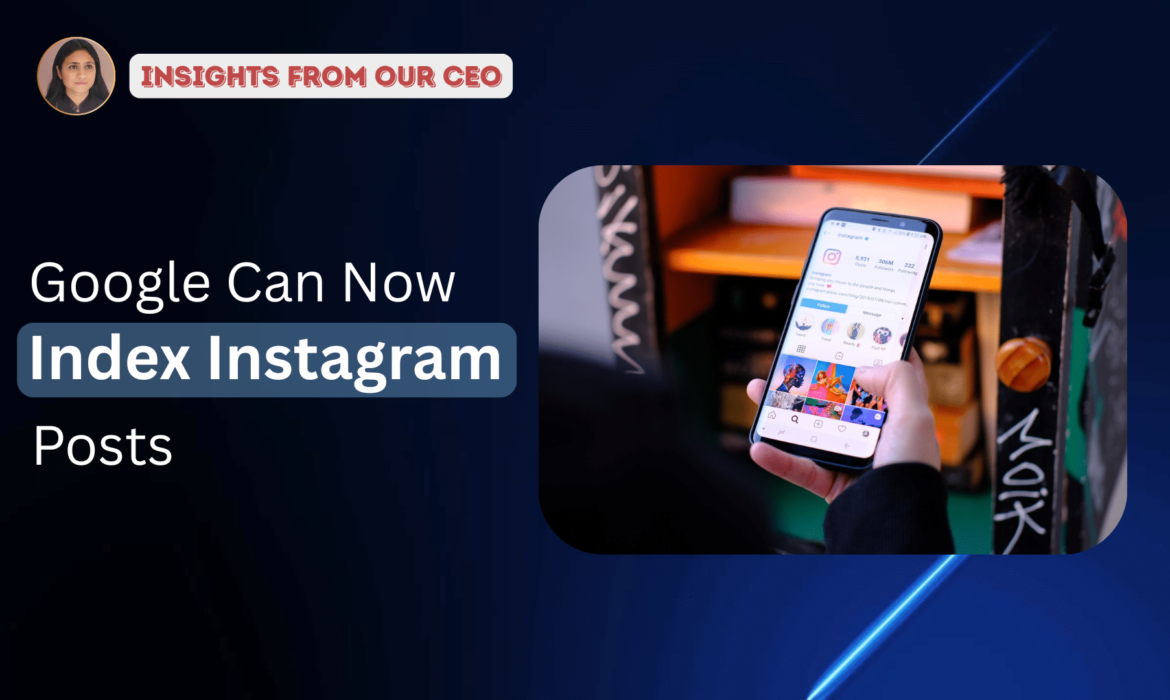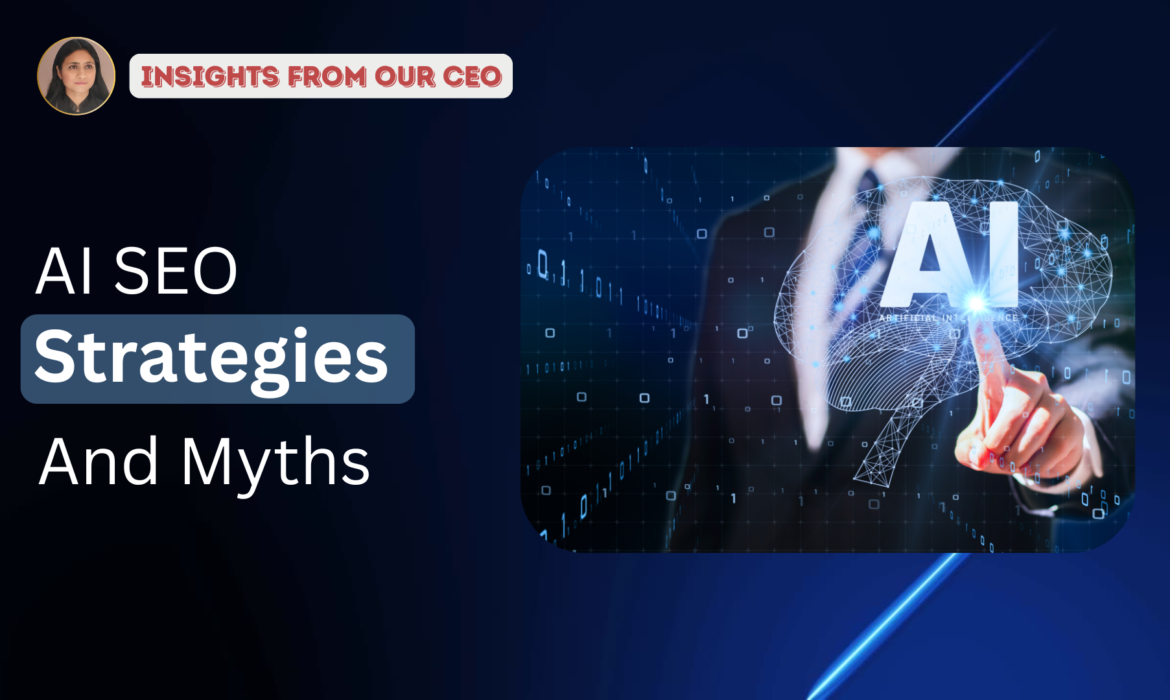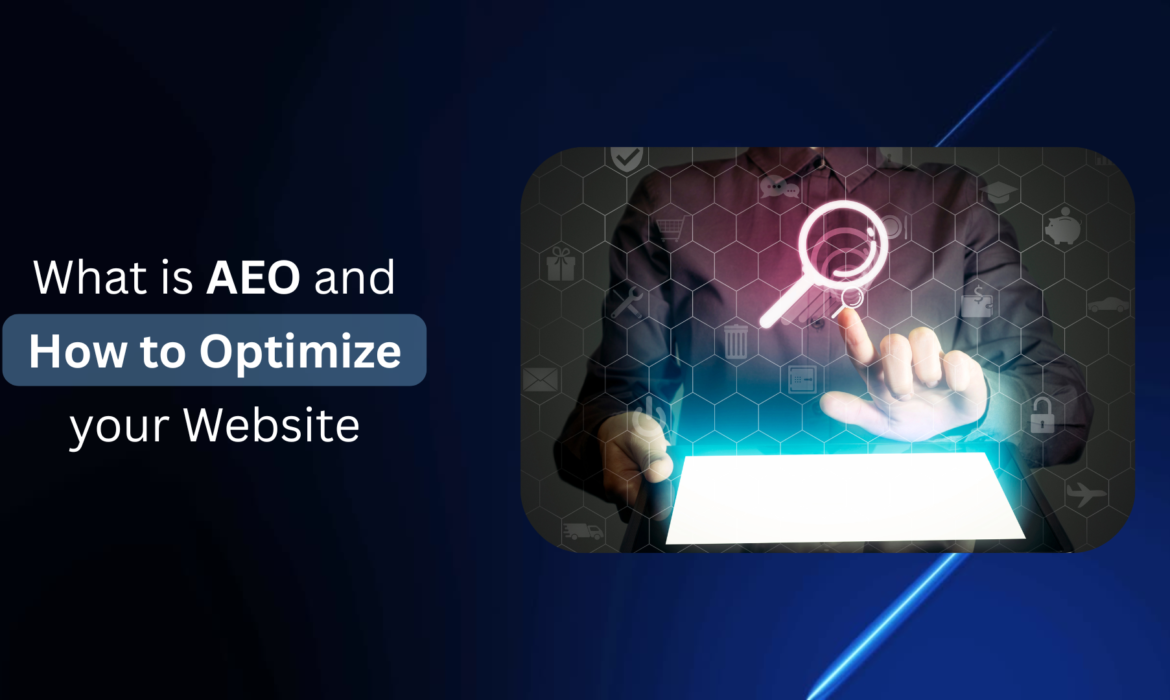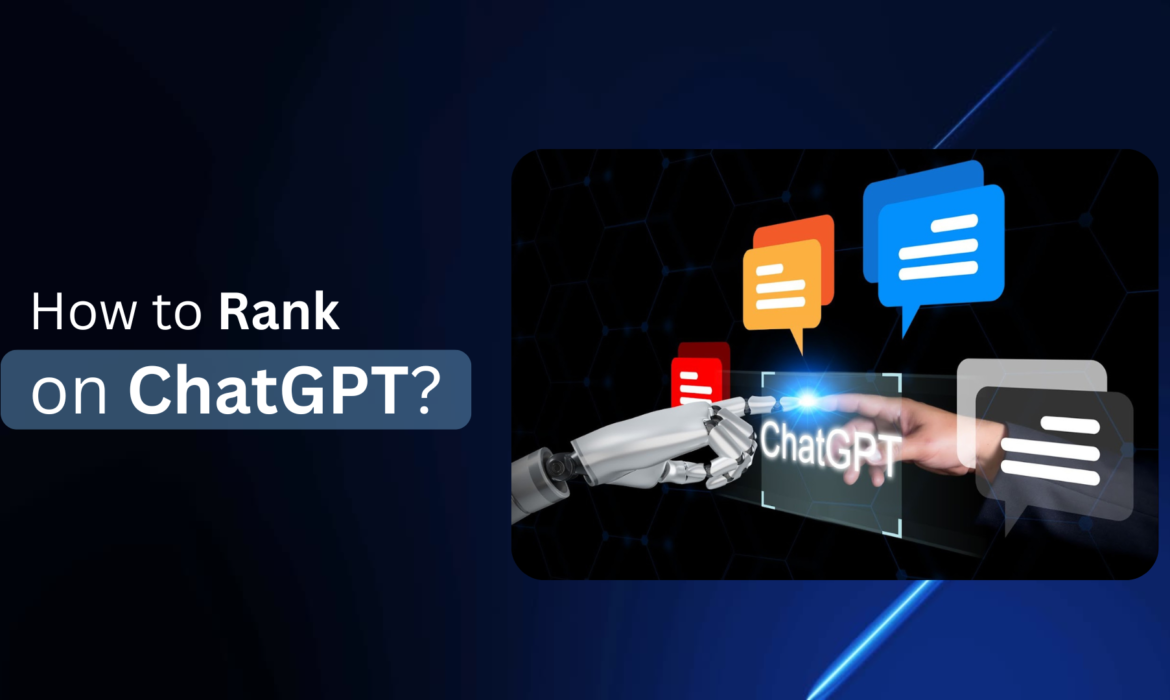Guide to ChatGPT Instant Checkout (Shopping feature)
Do you know that every day people perform approximately 16.4 billion searches on Google, and the platform processes 189,815 searches per second?
Behind each one of those searches, there is a purpose.
Maybe they want an answer, they want to learn something, maybe they want directions, maybe they want to make a purchase.
Why Search Intent Matters in SEO
Do you know that every day people perform approximately 16.4 billion searches on Google, and the platform processes 189,815 searches per second?
Behind each one of those searches, there is a purpose.
Maybe they want an answer, they want to learn something, maybe they want directions, maybe they want to make a purchase.
LLM Seeding: What It Is and Why It Matters
Search is evolving. Millions of people still rely on Google every day, and that won’t change overnight. But at the same time, more customers are turning to AI tools like ChatGPT, Claude, and Perplexity to get quick, direct answers.
SEO Website Migration: A Simple Guide
Are you planning to migrate your website? Maybe you’re moving your custom-built site to WordPress. Or maybe you’re refreshing your existing site with a new design and structure. It’s exciting to launch a new look, but here’s the important part: you must carry all your good SEO work along with it.
Google Can Now Index Instagram Posts: How Can Businesses Leverage This Opportunity
Instagram is the world’s third most popular social media platform, with over 2 billion monthly active users as of early 2025 (source:Statista). According to BusinessDasher, more than 200 million businesses are active on Instagram, and 83% of users say the platform helps them discover new products and services. For many small businesses, Instagram acts as a digital storefront.
On July 10, 2025, Instagram began with allowing Google and other search engines to index the public posts from professional/business accounts. This means that Instagram content such as posts, reels, carousels, and videos can now be visible on Google Search results. While Instagram reels and posts have occasionally appeared on Google before, this update marks a deliberate shift. Instagram is now officially opening up more of its content to search engines, moving away from its earlier “walled garden” model where most content stayed inside the app’s ecosystem.
Reddit’s SEO Rise: Why Brands Cannot Ignore Presence on Reddit
Search engines, especially Google, have evolved dramatically over the last couple of years. One major shift? The increasing dominance of forum-based content in the search results, especially for question-based and discussion-driven queries.
It’s now common to see Reddit and Quora posts on the first page of Google, sometimes even outranking official brand pages or major publications. Google seems to favor the authenticity and community-driven answers these platforms provide.
AI SEO Demystified: Effective Strategies and the Myth of a Perfect Solution
As an SEO strategist and agency owner, I’ve closely witnessed the rapid evolution of the digital landscape, especially over the past year with the rise of AI-driven tools like ChatGPT, Google’s AI Overviews, and other emerging platforms. While some have questioned whether SEO still holds value in this era of zero-click searches, the reality is that SEO is far from obsolete but has simply evolved. In this article, I’ll share insights from my own experience working with clients in the AI space as to what strategies are proving effective, and why it’s important to acknowledge that AI SEO is still a moving target. While some may claim they’ve fully cracked the code, the truth is that AI platforms are constantly evolving, and so must our approaches. Let’s dive into what works, what’s changing, and why flexibility is key.
What is AEO and How to Optimize your Website for the Answer Engines
We’re living in the age of Artificial Intelligence, and 2024 marked a major shift in how and where people search for information online.
For over a decade, Google has been the dominant player in the search space, handling billions of queries every day. But things are changing. Today, people want faster answers and simpler, more direct information. Instead of scrolling through multiple websites, they prefer clear and immediate responses.
This shift has led to the rise of Answer Engines, platforms like Google’s AI Overview, Perplexity AI, ChatGPT, and Microsoft Copilot. These tools are becoming popular alternatives to traditional search engines like Google and Bing. They don’t just show you a list of links they give you direct answers. As more people turn to these AI platforms, it’s important for website owners and content creators to understand how to adapt. That’s where Answer Engine Optimization (AEO) comes in.
How to Rank on ChatGPT?
This is the million-dollar question every forward-thinking business is either asking now or will be very soon.
Is there a guaranteed way to rank on ChatGPT?
Well, not quite. The AI landscape is evolving rapidly, and there’s no single rulebook yet.
But can you increase your chances of being featured or mentioned by ChatGPT and other AI platforms?
Absolutely!
At Growth Accelerators, we’re a boutique SEO agency, and for over a year, we’ve been closely observing how ChatGPT responds to a variety of user queries. In this blog, we’re sharing our firsthand insights and what we’ve learned along the way.
How ChatGPT Works: A Simple Overview
4.6 billion people visited ChatGPT in Mar 2025, as per latest data by Semrush. Interestingly, 78.6% of these users accessed the platform via desktop, while 21.4% used mobile devices. With an average session duration of nearly 14 minutes, it’s clear that ChatGPT is not only drawing massive traffic but also successfully engaging users. What makes the platform so effective? How does it actually work behind the scenes? In this blog, we break down the workings of ChatGPT in the simplest terms to help you understand the technology powering one of the world’s most visited AI tools. Let’s dive in.
LLM (Large Language Model) and NLP (Natural Language Processing) two core technologies form the backbone of how ChatGPT functions. While closely connected, they are not identical.
What is a Large Language Model (LLM)?
An LLM is a type of artificial intelligence trained on vast volumes of text data including books, articles, websites, and more. Its purpose is to recognize language patterns, enabling it to predict the next word in a sentence, understand questions, and generate coherent responses.
ChatGPT is built on one of the most advanced LLMs to date: GPT (Generative Pretrained Transformer). This model is designed to produce human-like responses by calculating the most likely sequence of words based on the context it receives.
What is Natural Language Processing (NLP)?
NLP is a field of artificial intelligence that focuses on enabling machines to comprehend, interpret, and generate human language. It allows ChatGPT to understand input, interpret meaning, grasp grammar, and recognize nuances such as tone or sarcasm.
In summary, LLM is the technology behind the scenes, while NLP is the discipline that shapes how language is processed and understood.
Still technical? A real-life example might help to clear your doubts:
Imagine you’re training a customer support agent:
You give them thousands of previous customer conversations (this is like the LLM training on lots of text).
You also teach them how to pick up on polite or angry tones, understand what the customer really wants, and respond clearly (this is like NLP helping with interpretation and interaction).
Below is an example of a prompt, which will make the implication of LLM and NLP in ChatGPT even more clear:
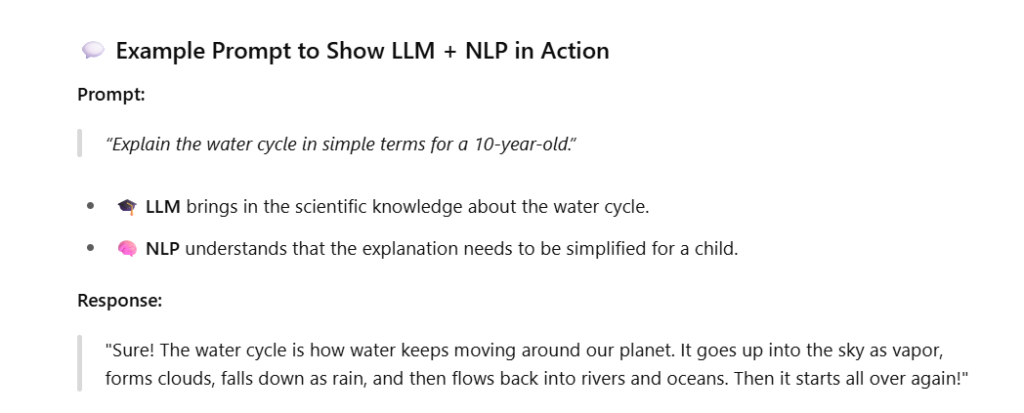
How Does ChatGPT Handle Indexing of Pages?
Unlike search engines such as Google, ChatGPT does not crawl or index the internet. It does not have a live database of websites. Instead, it relies entirely on its pre-trained knowledge base. Therefore, it cannot guarantee that its responses reflect the most current information unless it’s connected to real-time tools or data sources.
Key differences between ChatGPT and Search Engines
⦿ Search Engines and Indexing:
- Search engines like Google have web crawlers that go through the internet, read web pages, and store the content (like a big library). This is called indexing.
- They use that index to quickly find the most relevant pages when you search for something.
⦿ ChatGPT and Indexing:
- ChatGPT does not actively crawl the web to index pages like Google. Its knowledge is based on the data it was trained on, which includes a large amount of text up to a certain point (until mid-2024 was the latest update).
- It does not fetch real-time or live data from the internet. So, for example, if you ask ChatGPT about a product or news event that happened after its last update, it won’t have access to the latest information.
Having said that, ChatGPT excels at providing generalized knowledge, language-based tasks, content generation, summaries, and explanations with human-like fluency.
Absolutely! Here’s the same step-by-step breakdown but tailored to a business example, specifically for a dentist asking ChatGPT a question. This version will work well for professional audiences, such as clinic owners or marketing teams exploring how ChatGPT might help their practice.
How ChatGPT Works (Step-by-Step Process)

Below is the process of how ChatGPT functions, to make it simpler we have explained it with an example:
Step 1. Input (your question)
A user enters a clear, goal-oriented request.
Example Prompt: “Can you suggest some content ideas for promoting my dental clinic on Instagram?”
Step 2. Understanding (using NLP)
Using Natural Language Processing (NLP), ChatGPT analyzes the input to determine:
- Keywords: “content ideas,” “promoting,” “dental clinic,” “Instagram”
- Context: The user is likely a business owner or marketer looking for social media marketing strategies.
- Intent: They want creative, relevant, and practical content suggestions that align with their profession and platform (Instagram).
Interpretation: The model understands this is about generating social media marketing content specifically for a healthcare business.
Step 3. Processing (using LLM knowledge)
Using its training data, the LLM (Large Language Model) references tons of examples for dental social media marketing best practices..
It matches patterns from previous texts, blog posts, and campaign ideas to create high-value suggestions tailored to a dental clinic.
Step 4. Generating Response
The model crafts a response based on what it has “learned,” aiming for engaging, practical, and platform-appropriate content.
Step 5. Output (the final answer)
The user receives a natural, helpful response that can be directly used or adapted in real business activities.
Answer : Here are some Instagram content ideas for your dental clinic:
– ‘Before and after’ smile transformations (with patient consent)
– Oral hygiene tips in carousel format
– Meet-the-team posts to build trust
– Behind-the-scenes of procedures or tools
– Patient testimonials and review highlights
– Fun dental facts or myths debunked
– Seasonal promotions or appointment reminders”
Want to create visibility on ChatGPT for your business?
Absolutely, you must! A platform visited by billions of people across the world every month should be tapped by businesses of all sizes. If you are a small business and worried about how to crack AI SEO, contact our team at Growth Accelerators. We are a trusted SEO outsourcing partner in India, working with small businesses across the globe. As a boutique SEO agency we are equipped with the latest technical skills for the SEO domain whether for search engines or AI platforms.

